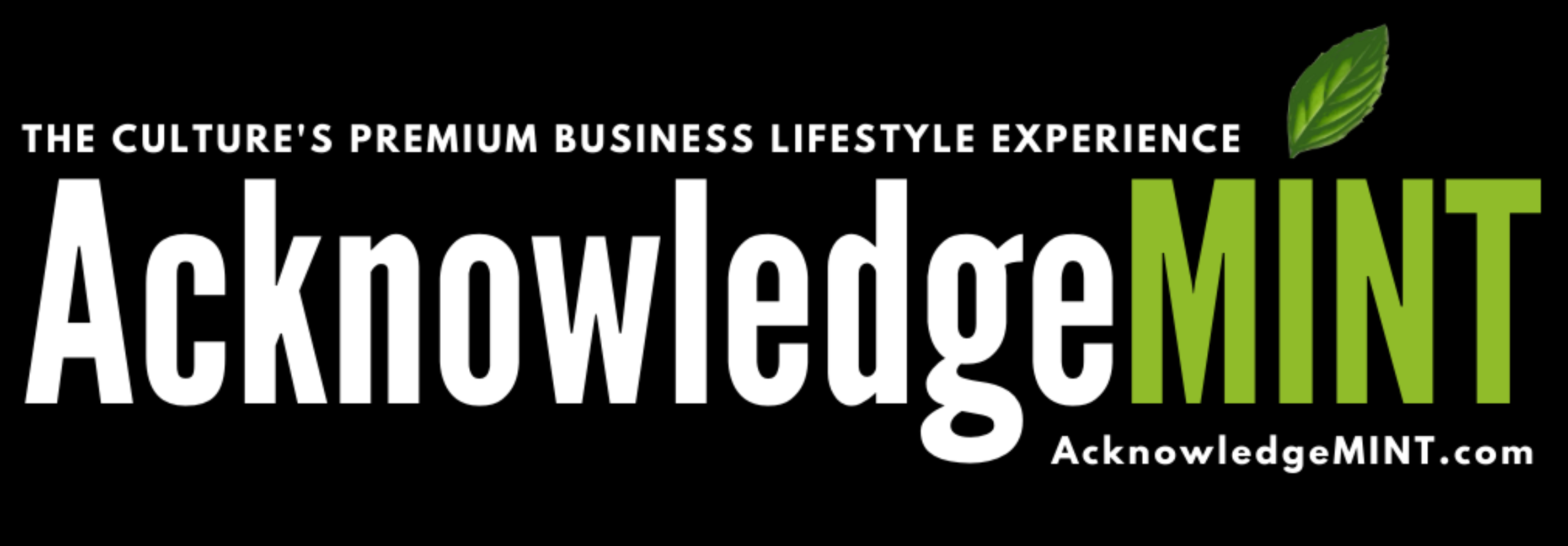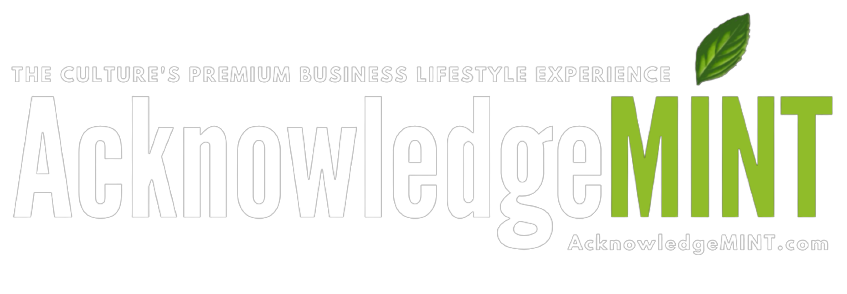Megan Harris is a political powerhouse. She promotes transparency, fostering financial literacy, and ensuring collaboration, so we can build a stronger and more inclusive community together.
Megan Harris is a financial service professional by trade, and a committed public servant by heart. As she actively makes her political run for Fulton County Board of Commissioners to represent District 2 in Georgia, the innovative changemaker made time to share some insight on how voters should prepare to approach the ballot box this November.
Why is it important for your typical everyday citizen to pay attention to all local elections, as opposed to only the general elections?
Because local resources hit you first. They’ll also slap you first in the face. What do local elections affect, what do local positions and local resources look like? They look like healthcare, they look like public safety, like the sheriff’s office, they look like animal control, they look like your local housing authorities, they look like all the nuanced pieces that are going to hit you first. So great example of Fulton County Commissioners, the Board of Commissioners, what we do is we hold the purse strings for all of these services that are provided within the community.
That’s helpful to know. What is your why behind being so engaged in politics, community, and education?
I’ve always had a hand in volunteerism in my community. That’s how I was raised. I started off with church, and did a lot of other things, as I matriculated through young adulthood. I would partner with Operation Hope, Junior Achievement, and mentoring the kids in schools, because I had a natural curiosity of how we’re going to keep this bridge of communication over a duration of time because things are changing so fast. In my lifetime we literally went from Nokia phones to having a computer in my hand that people are basically living vicariously through.
Prior to this campaign, you also ran for City Council in Sandy Springs in 2021. You weren’t able to win at the ballot box, but I’m sure you learned a lot from the experience.
I ran for City Council, that’s where I kind of cut my teeth. And then after running in that election, I was just involved. It just snowballed. I continue to do more outreach in the community. I’ve matriculated through a local leadership program to be more educated about what goes on behind the veil of running a city.

A lot of people are turned off by politics because of the lies, the smear campaigns, and the toxic energy that so many of the candidates and talking heads continue to toss into the 24-hour news cycle. It has to make campaigning challenging for candidates that don’t subscribe to those tactics.
I hate the hyper-polarized political environment. I see that it has served as nothing but stagnation versus working collaboratively together. My belief system with politics is that it’s your profession. Once you get into office, that is your professional role to figure out what the common core denominators are of the population that you’re representing, and advocating for them.
So many residents work several jobs, have kids, and aren’t available to make it to community meetings, campaign rallies, etc. How can they still keep up to speed on what’s going on with the candidates that are running for office?
Ballotpedia is a great resource where you can look your candidates up on. Also, talk to your teachers, talk to folks who are important to your life, and see who they’ve seen out here in the community. Talk to your local business owners, your barbers, and your hairdressers. Why? Because they go through so many people in their seats each month. Who have they seen doing the work? This ultimately will challenge you to promote connecting with others to have a conversation about what’s important to you and the community.













